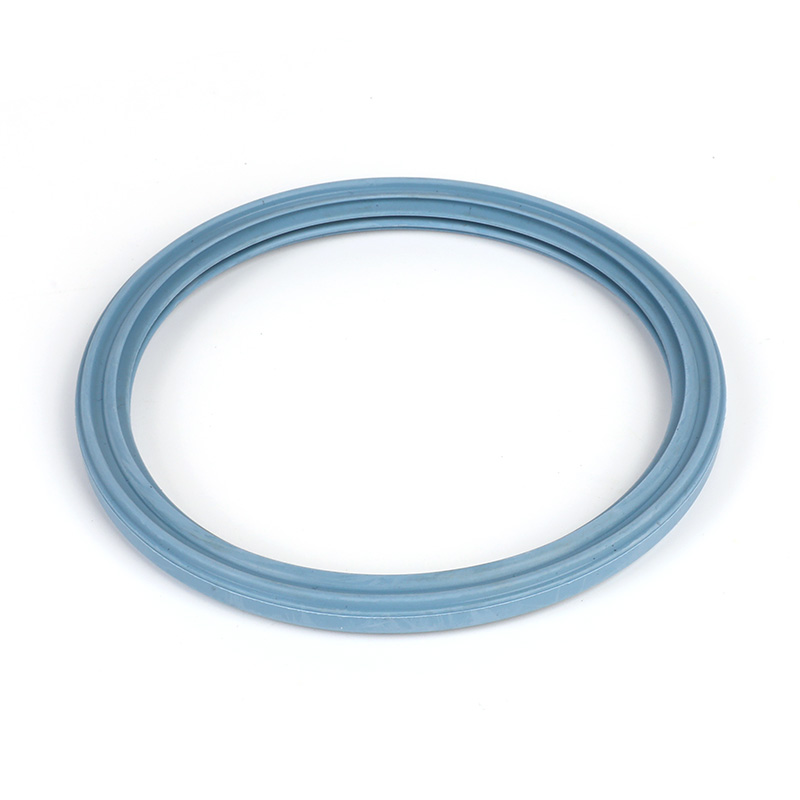+86-576-88024290
Search
18 07, 2025
Industry Updates
Automobile oil filter seals are small but critical components in the engine’s oil filtration system. These seals ensure a tight, leak-proof connection between the oil filter and the engine block, preventing oil leaks that could harm engine performance. When selecting automobile oil filter seals, two common materials often come up for comparison: rubber and silicone. Understanding the differences between rubber and silicone seals is essential for vehicle owners, mechanics, and manufacturers seeking performance and reliability.
Rubber automobile oil filter seals have been the traditional choice for decades. Made primarily from nitrile rubber (NBR), these seals offer good resistance to oil and heat, making them suitable for standard automotive engines. Rubber seals are known for their sealing properties, flexibility, and relatively low cost. They provide a reliable barrier that can withstand typical operating temperatures and pressures in internal combustion engines.
On the other hand, silicone automobile oil filter seals have gained popularity in recent years due to their heat resistance and durability. Silicone can withstand a wider temperature range than rubber, typically from -60°C to 230°C (-76°F to 446°F), making it an ideal choice for high-performance engines or vehicles operating in conditions. Additionally, silicone seals maintain their elasticity and sealing capability over time, even when exposed to harsh chemicals or prolonged heat.
One significant advantage of rubber automobile oil filter seals is their cost-effectiveness. For everyday passenger vehicles and light-duty applications, rubber seals offer sufficient durability and performance at a lower price point. This makes rubber seals a popular option for routine maintenance and OEM specifications in many car models. Moreover, rubber seals are easier to manufacture in various shapes and sizes, allowing customization for different engine designs.
In contrast, silicone automobile oil filter seals are preferred in performance and heavy-duty applications. Their resistance to temperatures reduces the risk of seal hardening, cracking, or shrinking, which can to oil leaks. This reliability is especially important in turbocharged engines or vehicles exposed to prolonged high temperatures. Silicone seals also provide resistance to ozone, UV rays, and oxidation, extending the overall service life of the seal.

Another consideration is chemical compatibility. Both rubber and silicone automobile oil filter seals resist automotive oils and fluids. However, silicone generally offers better resistance to synthetic oils, which are increasingly common in modern engines. This makes silicone seals a suitable choice for vehicles using synthetic or specialty lubricants.
Installation and maintenance are also relevant factors. Rubber seals tend to be slightly easier to install due to their flexibility and compressibility. They can adapt well to minor surface imperfections, creating a tight seal with less effort. Silicone seals, while flexible, can sometimes be firmer, requiring careful handling during installation to avoid damage. Proper lubrication of both types of seals during installation is essential to ensure longevity and prevent leaks.
In summary, the choice between rubber and silicone automobile oil filter seals depends largely on the specific application and operating conditions. Rubber seals provide an economical and effective solution for standard engines and everyday use. Meanwhile, silicone seals offer enhanced durability, temperature resistance, and chemical compatibility, making them ideal for high-performance or demanding environments.
Automobile oil filter seals are crucial for maintaining engine integrity and preventing costly leaks. Whether selecting rubber or silicone, quality and compatibility with the vehicle’s oil and operating conditions are paramount. As automotive technologies continue to evolve, the materials used for automobile oil filter seals will likely advance, further improving engine protection and efficiency.
Ultimately, both rubber and silicone seals have distinct advantages that cater to different needs, making it important for users and professionals to understand their options. With the right automobile oil filter seals, engines can perform reliably and efficiently for miles to come.